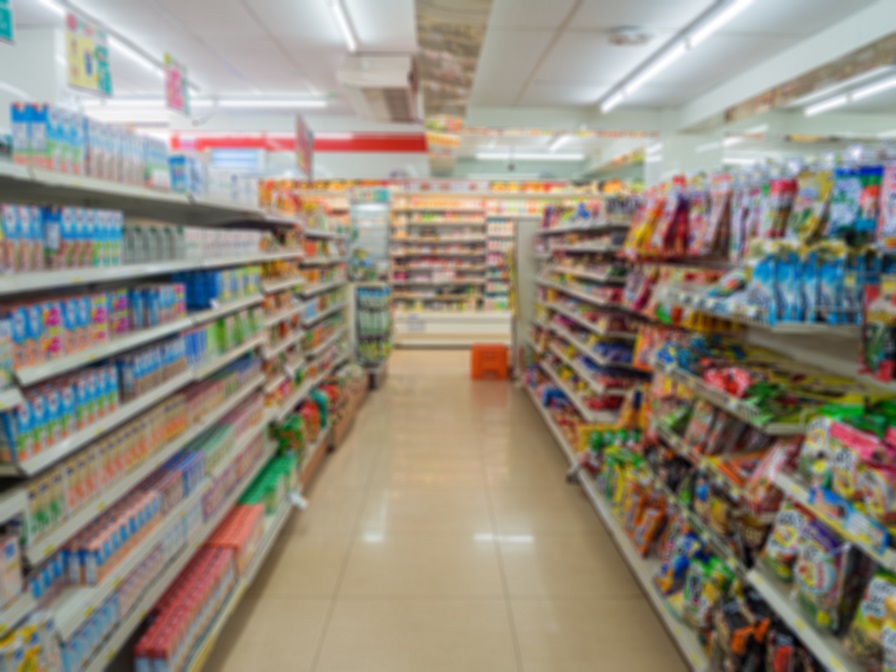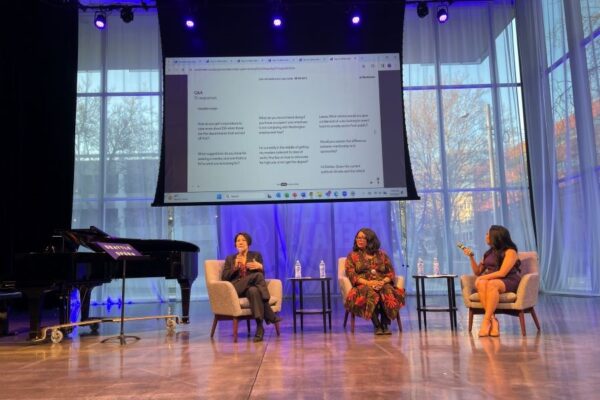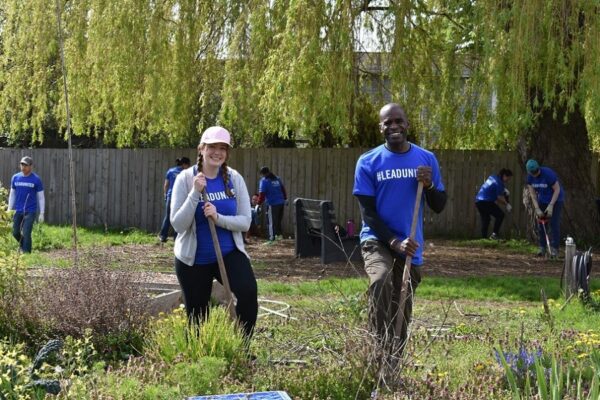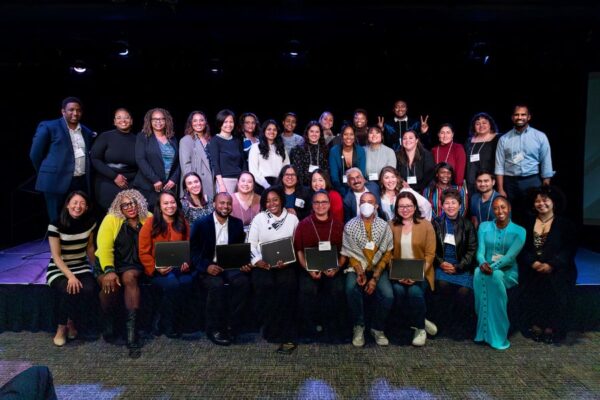Let’s Bridge the Gap Between Food Supply, Food Insecurity
United Way of King would like to see more full bellies than empty plates this holiday season. We’re dedicated to moving food and funds at a time when our county – and our nation – is grappling with food insecurity exacerbated by the COVID-19 pandemic.
What is food insecurity? The U.S. Department of Agriculture defines it as “a lack of consistent access to enough food for an active, healthy life.” According to the Chicago-based organization Feeding America, more than 38 million Americans (including almost 12 million children) were food insecure in 2020.
Imagine residing in an area where the nearest grocery store or farmer’s market is more than five miles away – with virtually no public transport from where you live. The closest access to food is a convenience store or filling station, which have few groceries and stock mostly high-priced foods that are high in fat, salt and sugar. That is food insecurity, and it can be burdensome for people living on fixed incomes, people experiencing homelessness and those who suffer from such diseases as diabetes, heart disease and hypertension.
Food insecurity often overlaps with lack of affordable housing and social/economic disadvantage due to structural racism. Indeed, the USDA reported in 2020 that 21.7 percent of Black households and 17.2 percent of Latino households were food insecure.
Across Washington state, food insecurity, though below the national average before COVID-19, has ballooned to 27 percent during the pandemic, according to Washington State University and University of Washington research. And in King County, the report said that during COVID-19, 30% of all households and 57% of households with children were food insecure. About 43 percent of households with color in King County were food insecure, compared to 23 percent of White households.
United Way has helped get food to people who need it via our Community Relief Fund. Thanks to generous donors, our team is providing food through extra support at food banks and community meal sites. We partnered with the City of Seattle to Launch the Seattle Food Fund and are now working with King County to provide culturally relevant food to neighbors across King County.
United Way also partners with DoorDash, Cascadia Produce and area food banks to provide hunger relief to tens of thousands of people every week. Currently, the DoorDash partnership is delivering food to more than 5,400 households per week.
To address racial inequities and the disproportionate impact on communities of color, we’re targeting support throughout the county. Currently, 70% of food box delivery recipients identify as Black, Indigenous or as a person of color.
The more money we raise to provide hunger relief, the more we can bridge the gap between food supply and the growing food insecurity. You can help by donating today.





Comments